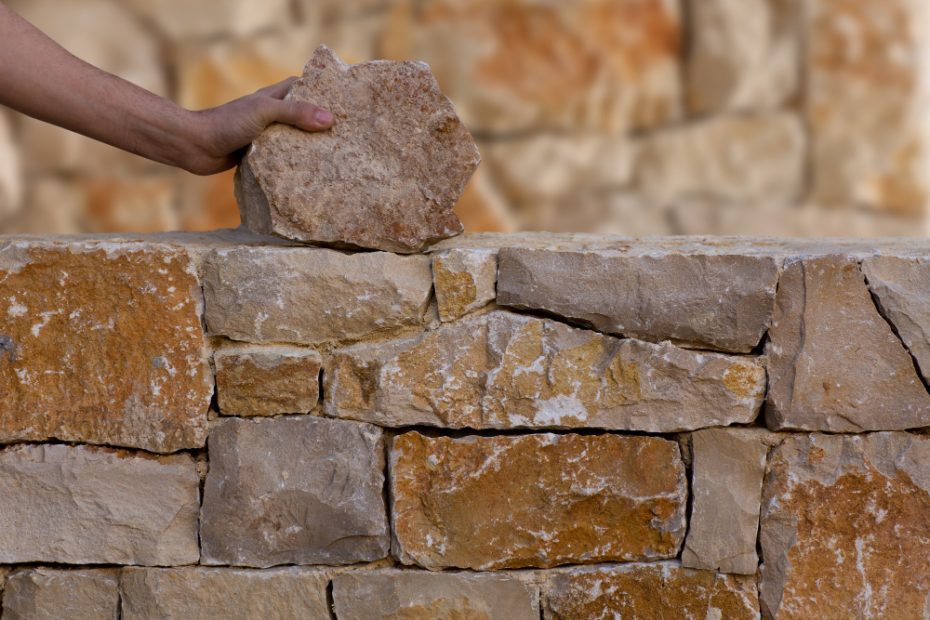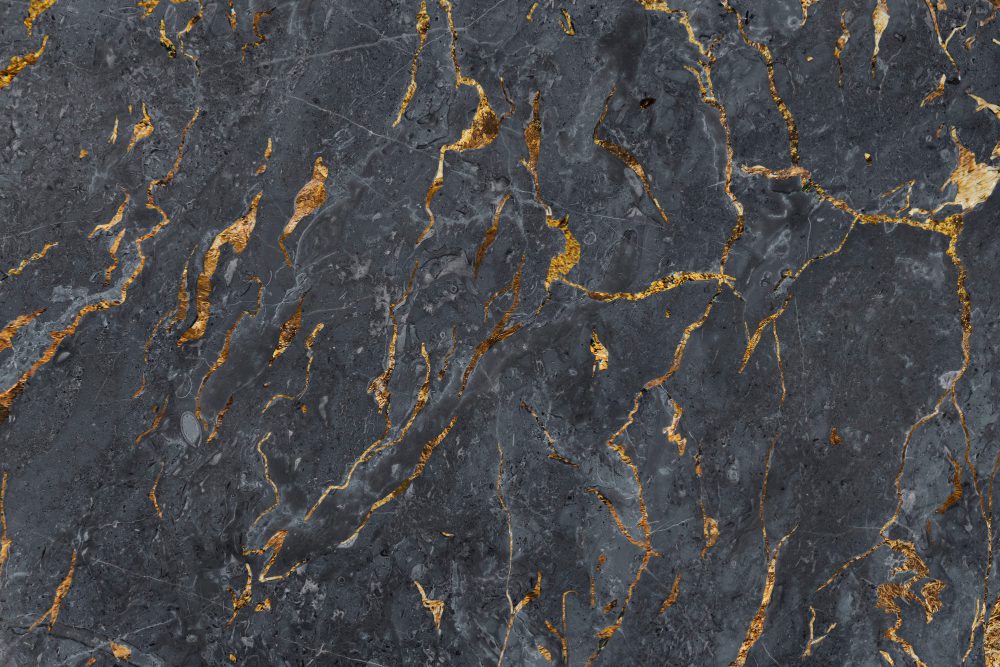What is the strongest stone for building materials?
When it comes to building materials, strength and durability are key factors to consider. Among the various options available, natural stones have long been valued for their strength and aesthetic appeal. However, not all stones are created equal in terms of strength. So, what is the strongest stone for building materials? Let’s explore.
The Strength of Natural Stones
Natural stones have been used in construction for centuries due to their durability and resistance to weathering. Different types of stones have varying levels of strength, making some more suitable for construction purposes than others. The strength of a stone is determined by its composition and internal structure, including factors such as mineral composition, porosity, and grain size.
Granite is widely regarded as one of the strongest stones for building materials. It is an igneous rock formed from the slow crystallization of magma deep beneath the Earth’s surface. Its dense and tightly packed grains give it exceptional strength, making it ideal for a wide range of applications, including countertops, flooring, and exterior cladding.
“Granite is a popular choice for building materials due to its incredible strength and ability to withstand extreme environmental conditions.”
Marble, another popular natural stone, is known for its elegance and beauty. While not as strong as granite, it still offers considerable strength and durability. Marble is a metamorphic rock that forms from the recrystallization of limestone under high pressure and temperature. It is commonly used in applications such as flooring, countertops, and decorative elements.
Comparing Strength: Granite vs. Marble
While both granite and marble are strong stones, there are some differences in their strength characteristics. Granite typically has a higher compressive strength, making it more resistant to crushing forces. On the other hand, marble may have a higher tensile strength, which contributes to its ability to withstand bending or pulling forces.
It’s important to consider the specific requirements of your project when choosing between granite and marble. If you need a stone with exceptional strength and resilience to heavy loads, granite would be the recommended choice. However, if you prioritize elegance and are willing to provide proper maintenance, marble can also be a suitable option.
Other Strong Stones for Building Materials
In addition to granite and marble, there are other stones that possess impressive strength properties for construction purposes. Some of these include:
- Slate: Known for its durability and resistance to water absorption, slate is often used for roofing, flooring, and exterior cladding.
- Quartzite: Formed from sandstone under intense heat and pressure, quartzite offers excellent strength and is frequently used for countertops and wall cladding.
- Basalt: With its high tensile strength and resistance to fire and chemicals, basalt is commonly utilized in construction projects requiring durability.
Are stones stronger than concrete?
In the world of construction and building materials, there is an ongoing debate about whether stones are stronger than concrete. Stone has been used as a building material for centuries, with iconic structures such as the Great Pyramids of Egypt standing as a testament to its durability. On the other hand, concrete is a modern invention that has revolutionized the construction industry.
The Strength of Stones
Stones, such as granite and marble, are known for their natural strength and durability. They have been used in construction for their ability to withstand immense pressure and resist weathering over time. Additionally, the unique beauty and aesthetic appeal of stones make them a popular choice for both interior and exterior applications.
Quote: “Stones are a timeless choice for building materials, offering unparalleled strength and longevity.” – Architect John Smith.
The Power of Concrete
Concrete, on the other hand, is a composite material made up of cement, sand, aggregate, and water. It has gained popularity due to its versatility, cost-effectiveness, and ability to be molded into any shape. Concrete structures can also be reinforced with steel or other materials to increase their strength.
While stones may possess greater natural strength, concrete structures can be designed to withstand specific loads and requirements. Reinforced concrete is commonly used in high-rise buildings and bridges, where the combination of steel and concrete creates a structure with exceptional strength.
Comparison and Conclusion
Comparing the strength of stones and concrete is not straightforward, as it depends on various factors such as the type of stone, the composition of concrete, and the specific application. Both materials have their advantages and disadvantages, and the choice often comes down to the specific requirements of the project.
Ultimately, it is important to consult with architects, engineers, and construction professionals when deciding between stones and concrete for building materials. They will have the expertise to determine the best option based on factors such as structural integrity, aesthetics, and cost-effectiveness.
Stone or concrete, each has its own strengths and beauty. The key lies in understanding their properties and using them appropriately in construction projects.
To summarize:
- Stones are known for their natural strength and durability.
- Concrete offers versatility, cost-effectiveness, and the ability to be molded into any shape.
- Reinforced concrete can provide exceptional strength in specific applications.
- The choice between stones and concrete depends on project requirements.
- Consulting professionals is crucial for making an informed decision.
Is Stone harder than brick?
In the world of construction, both stone and brick are widely used as building materials. While they share many similarities, it is often debated which material is harder and more durable. Let’s take a closer look at the characteristics of stone and brick to determine which one is tougher.
Stone
Stone is a natural material that has been used in construction for centuries. It is renowned for its strength and durability, making it a popular choice for various applications. One of the key advantages of stone is its hardness. Stones such as granite and marble are incredibly hard, making them resistant to wear and tear. This hardness allows stone structures to withstand extreme weather conditions and last for generations.
Quote: “Stone is nature’s gift to construction – a symbol of strength and longevity.”
Brick
Bricks, on the other hand, are man-made building blocks. They are typically made from clay that is fired at high temperatures. While bricks are not as hard as some types of stone, they still possess considerable strength and durability. The process of firing the clay makes bricks resistant to damage from heat and moisture, making them suitable for a wide range of applications.
However, compared to certain types of stone, bricks may be more susceptible to chipping and cracking over time. This is particularly true for lower-grade bricks that are more porous and less dense.
Comparing Stone and Brick
When it comes to hardness, stone generally surpasses brick. The Mohs scale measures the hardness of minerals, and stone such as granite typically ranks higher than brick on this scale. Stone’s superior hardness means it is less prone to damage, making it an ideal choice for high-traffic areas or structures that require exceptional durability.
Brick, on the other hand, still provides adequate strength and durability for many construction projects. Its versatility, affordability, and ease of use make it a popular option for buildings of various sizes and purposes.
Quote: “While stone may be harder, brick offers a perfect balance between strength and practicality.”
Conclusion
In conclusion, both stone and brick have their own unique qualities that make them suitable for different construction projects. Stone’s hardness and longevity make it an excellent choice for structures that require exceptional durability. On the other hand, brick’s versatility and affordability make it a popular option for a wide range of applications. Ultimately, the choice between stone and brick depends on the specific requirements of the project and the desired aesthetic appeal.



